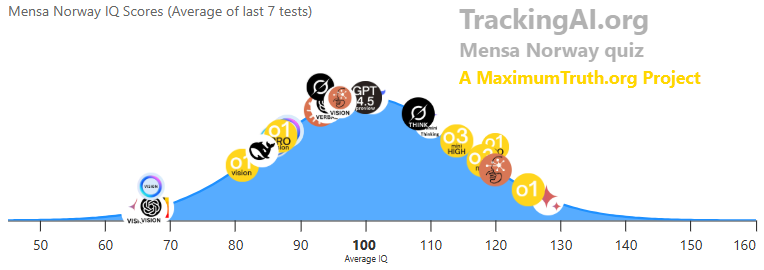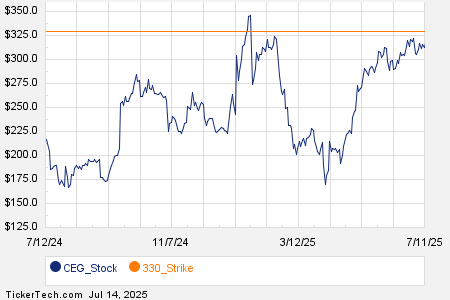Elon Musk’s humanoid robot, Optimus, is positioned to become a significant product for Tesla, potentially surpassing the iPhone in value. Optimus, powered by Tesla’s AI and Full Self-Driving technology, is already operational in Tesla factories and could generate over $10 trillion in revenue. Musk plans to manufacture thousands of these robots this year, aiming for sales to businesses in 2025 and consumers afterward.
Musk asserts, “Optimus will be the overwhelming majority of Tesla’s value,” signaling a shift in focus from vehicles to robotics as a transformative force in the economy. With advancements in AI, the potential for humanoid robots to revolutionize various sectors—including manufacturing, healthcare, and domestic services—could reshape labor dynamics significantly.
As the robotics industry evolves, Tesla emerges as a frontrunner, suggested by Musk’s ambitious projections and the ongoing development of Optimus. Historical parallels illustrate that technological advancements often lead to significant employment transformations, indicating that the introduction of humanoid robots could disrupt existing labor markets.






